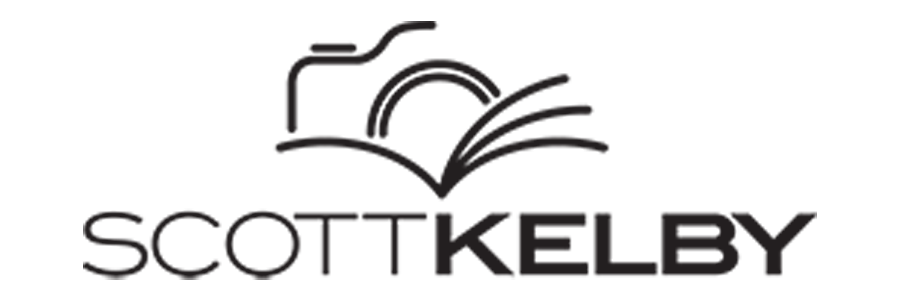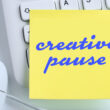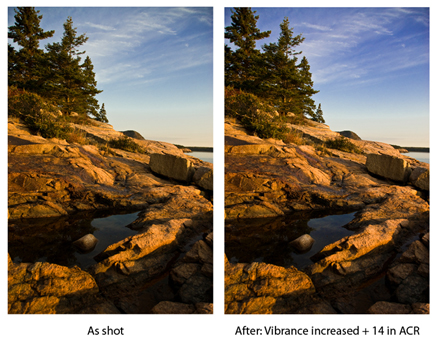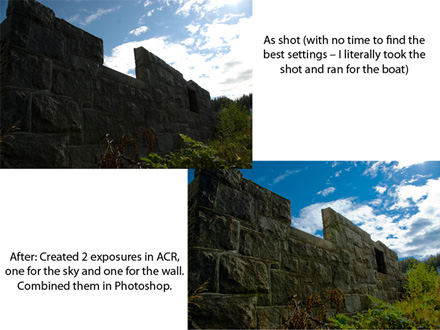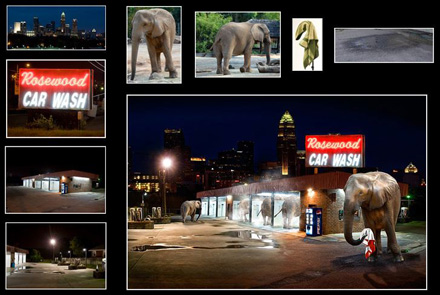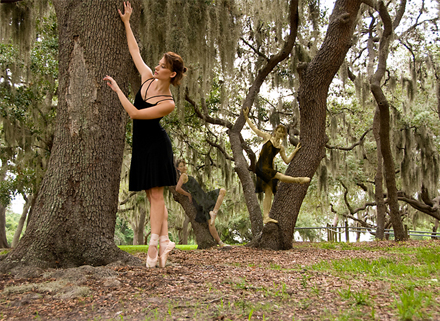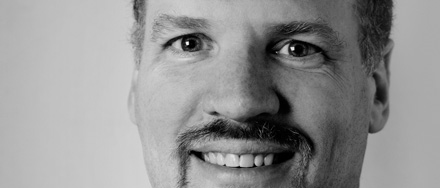
A few weeks ago Scott invited me to start thinking about a topic for an appearance as guest blogger. I had come up with an idea that I'd been fleshing out when I read Stephen Johnson's column last week. I'm telling you this to make it clear that my column is not in response to Stephen's, nor it is intended as a rebuttal - if anything, it's just interesting timing that my column follows Stephen's.
I think it's also important to note that after reading Stephen's column I chose not to read any of the comments since I wanted my thoughts to be mine alone, not influenced by the comments of others (although I certainly plan to go and read those comments once this column is published). So with that bit of background information (disclaimer?), here's what I have in mind.
In my travels as an instructor (I always wanted to start a sentence with "In my travelsâ¦") I get the wonderful opportunity to meet and chat with lots of very interesting people. Often our discussion revolves around two schools of thought: "get it right in the camera" versus "fix it in Photoshop". When asked which approach I take I usually answer with either "it depends" or, "there's a third possibility" (more on that later).
Generally speaking my goal is to get it right in-camera - or at least to get it really really close to what I want, so that I can tweak it a little in Photoshop. When I was in Maine last Fall I had the time to set up my tripod and experiment with settings and I'm pleased to say that the majority of my photos needed very little adjusting. I came very close to getting the result I wanted, right out of the camera. I didn't rely on Photoshop, but it did provide some valuable assistance here and there.
Last August I had the pleasure of visiting Alaska and ran into a slightly different situation. We had taken a boat from our ship and had been wandering around a small town for a few hours when I came across a really interesting location I wanted to shoot. Just as I started to get set up I heard the call that the boat was leaving, so I figured I had two choices: miss the boat to get the perfect shot, or grab a quick shot knowing that I might be able to get what I wanted by creating two exposures from Camera Raw (which I did and I was very happy with the resulting photo). In this case I did rely on Photoshop to "come to my rescue" because of the circumstances.
So this is where the "it depends" comes into play: I strive to get the look I want in-camera but when the circumstances call for it, I take advantage of the tools available to me in Photoshop and Camera Raw to tweak my photos. I don't think of that as "fixing it" as much as fine-tuning to get the result that I want. So, I change my approach slightly, depending on the situation.
But I think there's a third option, and this one excites me the most, and that is to shoot with Photoshop in mind: take advantage of digital technology to create things you never could (or would be much harder to do) traditionally. To create images that combine great photography with the power of Photoshop. There are plenty of examples of what I mean, for instance photographers such as Joey Lawrence and Dave Hill who have "signature" looks that combine great lighting/photography with post-processing. [links: Joey Lawrence and Dave Hill]
Or photographers who capture separate images with the intention of combining them in Photoshop. Here's an example from the work of NAPP member James Quantz Jr. He creates wonderful images from photos that he takes with the express purpose of compositing them later in Photoshop. [http://www.quantzphoto.com/]
I love taking multiple photos while I picture in my mind how I will combine them in Photoshop. Does that make the end result less of a photograph? Maybe in the traditional sense it does, but I don't think we can discount this as a photographic art form: rather than attempting to capture the scene as my eyes saw it, I'm creating the illusion of something that never was.
I think there's a place for all these different approaches: get it right in the camera, tweak it in Photoshop and shooting to take advantage of Photoshop. I also believe that there are different breeds of photographers, and that some of us really enjoy the Photoshop process and see it as part of making a great image. And I don't think there's anything wrong with taking advantage of Photoshop - just as I applaud the goal of getting it right in-camera or making minor adjustments. Just as there's many different ways to achieve something in Photoshop, there's various ways to take advantage of our cameras and the technology that's available to us. What a great possibility that offers us.
